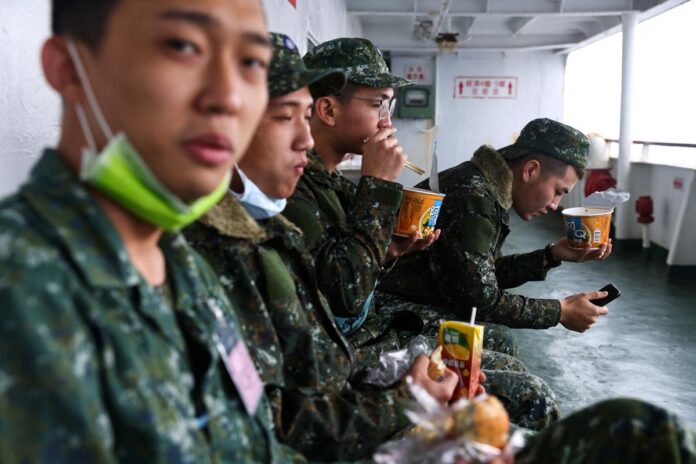Author: David Sacks
Affiliation: Council on Foreign Relations
Organization/Publisher: Foreign Affairs
Date/Place: May 16, 2022/USA
Type of Literature: Article
Word Count: 2540
Link:https://www.foreignaffairs.com/articles/china/2022-05-16/what-china-learning-russias-war-ukraine
Keywords: China, Taiwan, US, War, Russia, Ukraine
Brief:
The author states that with Russia’s invasion of Ukraine, Taiwanese citizens are concerned that they will be the next country to be attacked. The Chinese President thinks that reconnecting Taiwan with China will enable him to secure his position in history. He refers to Taiwan in the same manner that Putin refers to Ukraine. The Chinese President even denies that Taiwan has sovereignty. Authorities are fully conscious that striking Taiwan now would only exacerbate Western anxieties. The PLA is searching for techniques learned from the Ukraine war that may be used in a clash with Taiwan. Russia’s conflict in Ukraine is only a sample of the serious expenses China would face if it went to war, according to Beijing. China has been looking at the US’s measures against Russia and the sanctions it has imposed as proof that the US is losing power. The author says that China is inclined to expect that international support for Taiwan will be less than it has been for Ukraine. One of the most significant lessons China has taken up from the Ukraine conflict is that the US would not act actively against a nuclear-armed adversary. The author explains that China would want to increase its independence as well as increase other’s dependence on it, especially economically, for it not to be affected by any sanctions the US would impose; and given China’s importance in global supply lines, US allies would be hesitant to implement broad penalties on it. The author claims that the PLA’s leadership was undoubtedly taken aback by the Russian military’s failure to gain a conclusive triumph despite having substantial prior practical expertise. Russia’s troubles may cause the PLA to doubt its own ability to perform the missions required to confront Taiwan. The author also states that as China is learning from the Russian experience, so should Taiwan. Taiwan must move quickly to implement an asymmetric defense plan. Specifically, the difficulty of resupplying Taiwan’s populace and army during a battle is a significant issue that Taiwan must overcome. To dissuade a Chinese invasion of Taiwan and react to Chinese intervention, the US must improve its strategy. It can’t only depend on threats of penalties. Considering Russia and China’s growing alliance, the US cannot throw out the possibility that Russia may provide considerable aid to China.
Critical Commentary: The author states that Chinese authorities’ choices on whether or not to employ aggression toward Taiwan are political choices that will be unaffected by Moscow’s behavior towards Ukraine. Nevertheless, China is watching closely and learning from Russia’s experience in Ukraine, as is Taiwan. Meanwhile, Beijing’s leadership is making other nations’ economic dependency on China rise, while decreasing China’s reliance on others.
By: Zeina Akef, CIGA Research Intern




